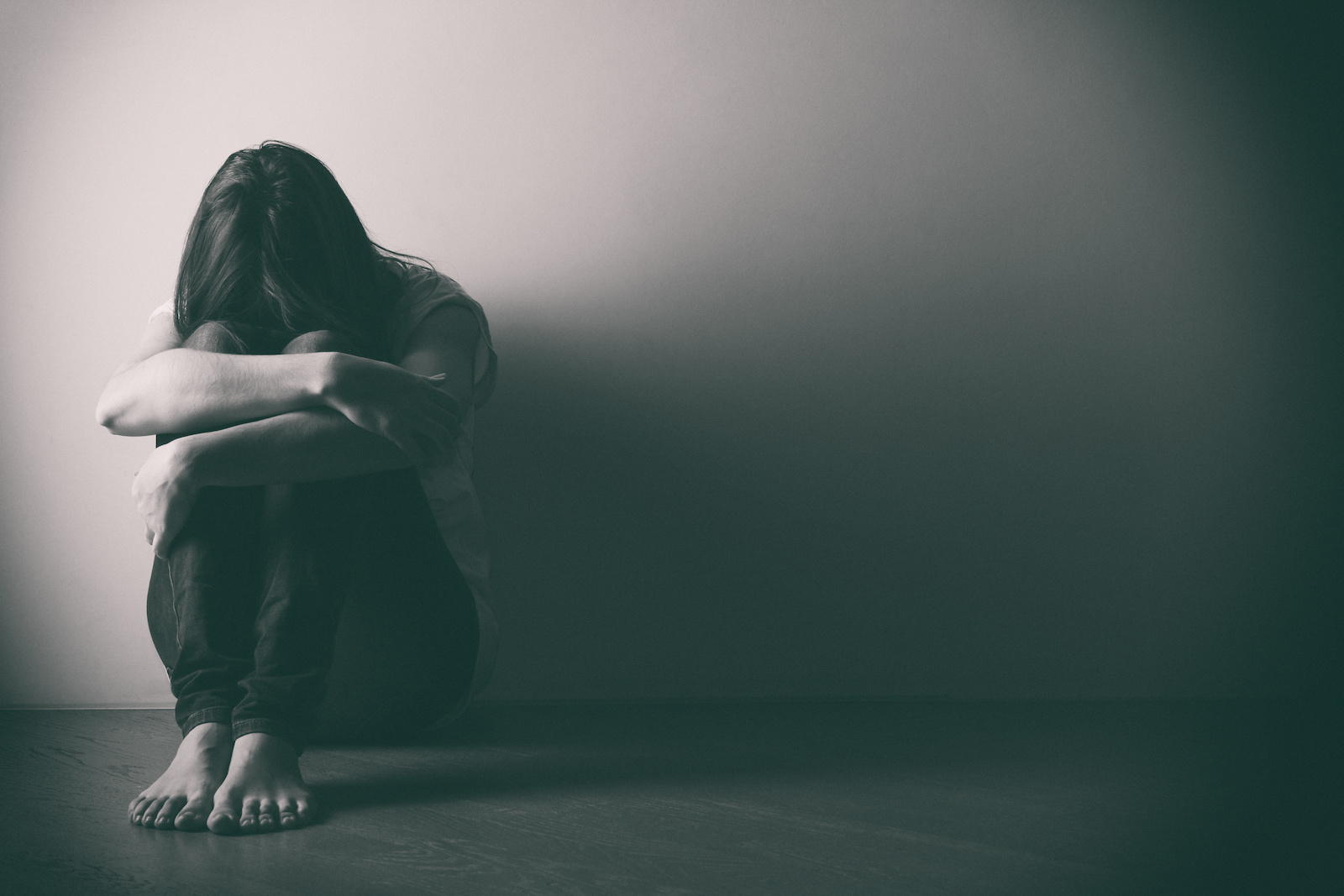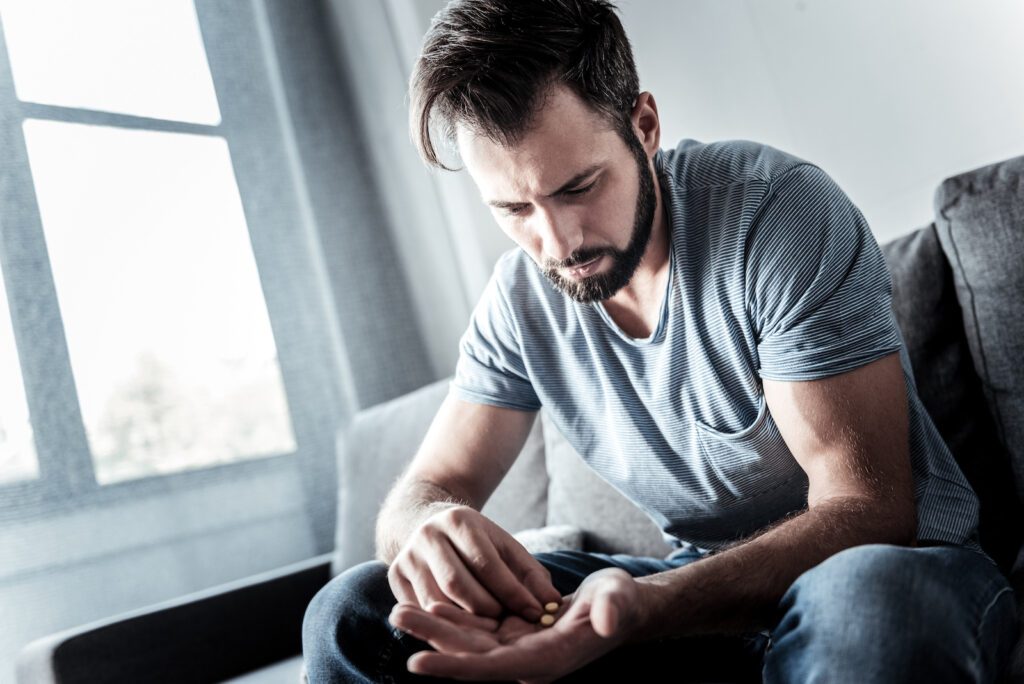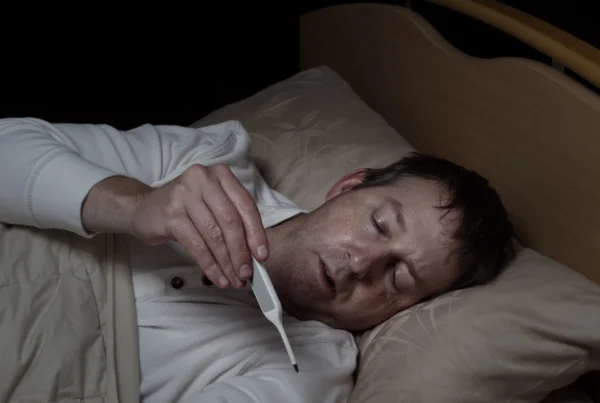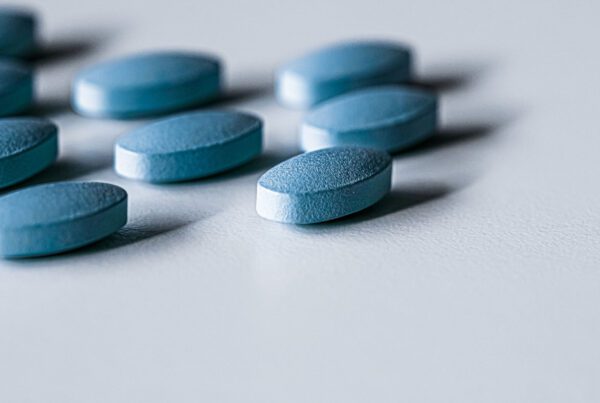
Table of Contents
Diazepam may sound like an exotic drug, but it is far more widely known by its most famous brand name, Valium. Diazepam is a benzodiazepine most frequently used as a prescription treatment for panic attack disorders and other conditions dealing with anxiety or similar feelings. There is no over-the-counter version of diazepam, and it is only available with a prescription.
Diazepam is not a stimulant or a depressant in the way that other drugs are. It is commonly used in a mildly sedative capacity but only when directed by a doctor. It relaxes muscles, relieves muscular tension, has an anticonvulsant effect, and is typically longer lasting and faster than most other benzodiazepines.
Diazepam works by acting on the body to make the effects of the substance GABA much more potent and to release more dopamine. GABA helps to slow brain activity and central nervous system activity to some extent. This neurotransmitter manipulation makes diazepam incredibly addictive.
Not only is diazepam highly addictive due to the feeling and the effects it produces, but since it acts on the neurotransmitter GABA, there is a very high chance of becoming physically dependent on the drug. In addition, the calming, moderately sedative effects create a strong incentive for the users to use, and the chemical reinforcement can quickly build a use-reward cycle.
Since diazepam is in its class of drugs, benzodiazepines, it is often looked at differently when mixing drugs. Many people with polysubstance use disorder may face a potential overdose when diazepam is combined with other drugs.
With diazepam being one of the most commonly prescribed benzodiazepines, those living with diazepam addiction are only going to grow in number.
Signs You Have an Addiction to Diazepam
Since diazepam can form dependency and addiction both through illicit and legitimate prescribed use, many people are wondering how they might be able to identify a diazepam addiction. With 5.8% of the US population reporting that they have misused a psychotherapeutic prescription medication, there is a very real chance that diazepam addiction could touch your life.
To best recognize diazepam addiction, no matter where it occurs, you need to know what it does to the body and how it reacts to being under the influence of diazepam. Spotting the symptoms can be the difference between someone getting help and slipping through the cracks.
Behavioral Changes
- Stealing diazepam prescriptions – This is one of the more popular options since “doctor shopping” became more difficult and fell out of popularity. By stealing legitimate prescriptions, those with a diazepam addiction can avoid withdrawals.
- Buying diazepam from illicit sources close to them – In a very large portion of cases, the initial addiction is facilitated by friends and family. When the user runs out, buying more from family and friends on a similar prescription makes the people the user loves the most into drug dealers.
- Increasing dosage without medical advice – If you or someone close to you takes diazepam and notice that a larger dose is needed to get consistent results, you should tell your doctor immediately. Not only can this lead to more serious dependency issues, but it can create potentially deadly withdrawal problems.
- Altering dosage frequency without medical advice – This is another sign, like boosting the dosage, that shows no uncertain terms that the initial dose is no longer effective. This can look like someone who takes their pill twice a day, taking an extra midway between doses.
- Taking diazepam in ways that aren’t intended – This means learning someone is taking their diazepam in ways that were not intended by the manufacturer or the individual’s doctor, such as insufflation or injection. Taking medication in these ways can create a long list of potentially dangerous risks and side effects. They also tend to create far harsher withdrawal processes.
What Withdrawal Symptoms Look Like When Detoxing From a Diazepam Addiction
Diazepam can build a very strong use and reinforcement cycle with the user because it helps release more dopamine into the system. It does this by not just triggering the release of the hormone but altering the amount that is released by the body.
Dopamine is the same hormone released during pleasurable activities like eating or winning a game. This means it’s a very attractive hormone for your brain, and it will want more and more. So in a very short time, an individual’s brain will associate the action of taking the diazepam with dopamine release.
This will be the foundation of diazepam addiction. Once the individual takes diazepam for a short while, the body will develop a tolerance to the drug, and a higher dose will be required to obtain the same effects. This tolerance will develop rather quickly and may develop without the user being consciously aware.
This tolerance will work hand in hand with the chemical dependency that will present when the supply of diazepam-fueled dopamine is stopped. If the user takes their diazepam on a schedule, the dependency will be predictable enough that withdrawal symptoms will begin to show up within a few hours after the first missed dose.
These withdrawal symptoms can range from mildly uncomfortable to incredibly painful and dangerous depending on the individual. Therefore, any time someone is stopping or potentially stopping taking a regimen of diazepam, whether prescribed or not, they should leverage medical supervision for the acute withdrawal stage.
Diazepam Addiction Withdrawal Timeline
The diazepam withdrawal process will vary greatly depending on the individual beginning recovery. Of course, addiction profile factors will weigh in, like the dosages, frequencies, and administration methods. But the medical condition of the individual will factor in as well, like their age, sex, and medical history.
The timeline for everyone will be slightly different, but generally speaking, the first stage will be the first 24-48 hours after the last dose. Following this will be the bulk of the acute withdrawal stage, lasting up to 3 months, though more commonly only lasting a few weeks, and the post-acute withdrawal stage. The post-acute withdrawal stage can last for several years after the detox has successfully been completed.
- First Stage (The Crash or The Rebound) – Within 20-40 hours after the last dose will be the beginning of the withdrawal period. If the diazepam were being taken to mitigate any feelings of panic or anxiety, the individual would feel a resurgence of those feelings. There will also be disruption of the sleep cycle and the risk of seizure. The seizure risk is why withdrawal from diazepam should always be performed with medical assistance or supervision.
- Acute Withdrawal Stage – The acute withdrawal stage is usually about two weeks long and will see the individual experience the peak severity of their physical withdrawal symptoms. The symptoms experienced during this stage will usually include drowsiness, headaches, feelings of panic, anxiety attacks, emotional instability, and even hallucinations. The peak will often happen in about a week and will taper off after that. This is generally considered the most difficult part of detox and withdrawal.
- Post-Acute Withdrawal Stage – The third and final stage of the diazepam withdrawal process is the post-acute stage and will not always be experienced by those in recovery. The post-acute stage is often recognized by lingering emotional or psychological symptoms, like depression, anxiety, panic, and other similar symptoms. While these symptoms will not be as severe as they were during the acute withdrawal stage, they will diminish far less rapidly than the others, often fading in a matter of days.
Diazepam Addiction Recovery Options
If you or someone you love may be having trouble with diazepam addiction, one of the most important things to remember is not to go at it alone. Quitting benzodiazepines like diazepam without medical guidance can result in serious and dangerous medical complications, including seizures.
Diazepam can cause intense chemical dependency issues even when taken for a short time. Therefore, it is crucial for anyone battling diazepam addiction to only attempt withdrawal or detox under controlled, medically supervised circumstances. If anything goes wrong, the medical or healthcare staff on hand can help reduce complications.
Since the shock to your neuro-chemical system can often prove too stressful for your body to handle without qualified medical help, don’t take the risk of going through detox by yourself. Instead, contact experienced addiction professionals in your area today to begin planning the recovery that will give you back your life.
The most successful recoveries start with a free confidential and private consultation with an admittance or care team member who can answer your questions. Contact our recovery center to start your journey to a drug-free life today.
Sources:
Ocean Recovery has strict sourcing guidelines and relies on peer-reviewed studies, academic research institutions, and medical associations for our references. We avoid using tertiary references as our sources. You can learn more about how we source our references by reading our editorial policy.
1. National Institute on Drug Abuse. What is the scope of prescription drug misuse in the United States? National Institute on Drug Abuse. Published June 2020. Accessed July 30, 2022. https://nida.nih.gov/publications/research-reports/misuse-prescription-drugs/what-scope-prescription-drug-misuse
OCEAN RECOVERY EDITORIAL GUIDELINES
The internet contains a vast amount of misinformation, but when it comes to your health only peer reviewed, research centered data matters. At Ocean Recovery, all content published throughout our website has been rigorously medically reviewed by a doctorate level clinician, and cross checked for medical accuracy. Our editorial process helps our readers trust that the information they are consuming is factual and based upon scientific data. Your health is our top priority, find out more about how we safeguard the integrity of information on our website. Read More About Our Process






